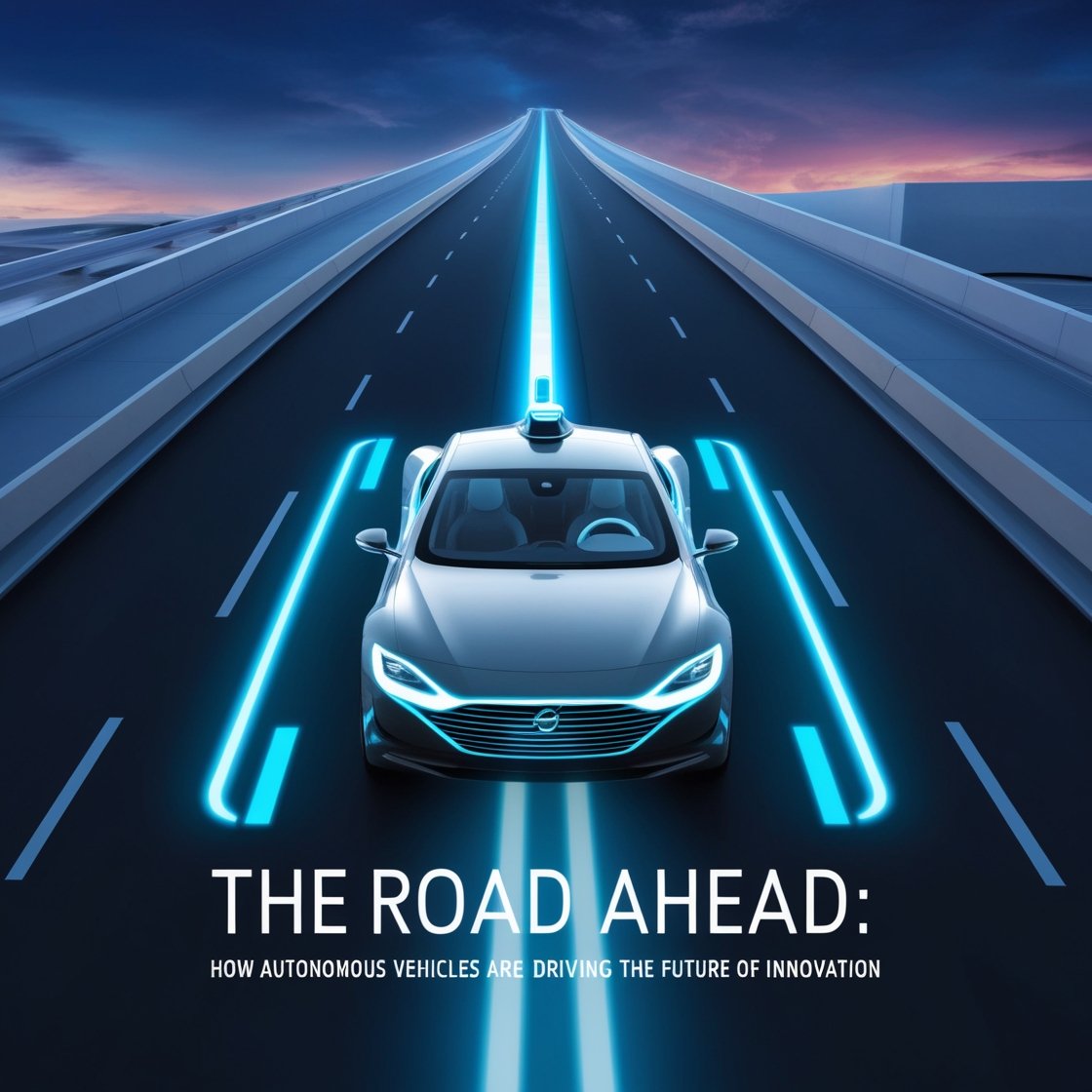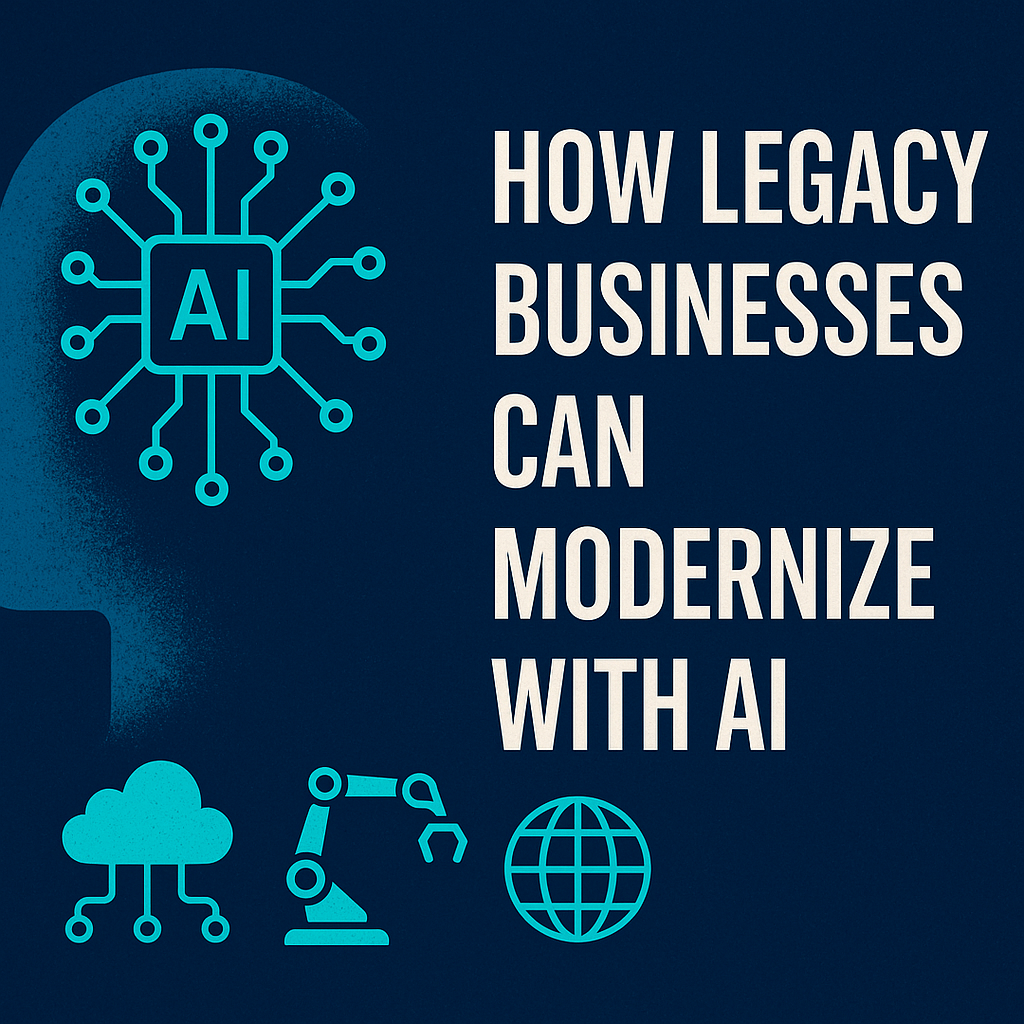Imagine a world where cars drive themselves—where the daily commute is no longer a burden, but a seamless, efficient, and enjoyable experience. This is not a distant sci-fi dream; it’s a reality that’s rapidly approaching, thanks to the innovation of autonomous vehicles. These self-driving cars are set to revolutionize the transportation industry, promising not only to change how we move but also to reshape our cities, economies, and daily lives. As we stand on the brink of this automotive revolution, it’s essential to understand the transformative impact of autonomous vehicles on innovation.
What Are Autonomous Vehicles? The Basics of Self-Driving Technology
Autonomous vehicles, or self-driving cars, are equipped with advanced sensors, cameras, and AI-driven algorithms that allow them to navigate roads, interpret traffic signals, and avoid obstacles, all without human intervention. The development of this technology has been driven by a combination of advancements in artificial intelligence, machine learning, and sensor technology, resulting in vehicles that can “see,” “think,” and “react” like human drivers.
But what makes these vehicles truly innovative is their potential to transform the very fabric of our transportation systems. From reducing traffic congestion and accidents to lowering emissions and freeing up time for passengers, the benefits of autonomous vehicles are vast. However, with this innovation comes a host of challenges and questions that society must address as we move toward a self-driving future.
The Promise of Safety: Reducing Accidents and Saving Lives
One of the most compelling arguments in favor of autonomous vehicles is their potential to drastically reduce traffic accidents. Human error is a leading cause of road accidents, and by removing the need for human drivers, self-driving cars could significantly decrease the number of collisions on our roads. These vehicles are designed to follow traffic laws strictly, maintain safe distances from other vehicles, and react faster than any human could in dangerous situations.
For society, the promise of safer roads is a game-changer. Fewer accidents mean fewer injuries and fatalities, as well as lower costs related to healthcare, insurance, and vehicle repairs. However, this shift also raises questions about liability—if an autonomous vehicle is involved in an accident, who is responsible? The car manufacturer, the software developer, or the passenger? As we embrace this innovation, we must also navigate the legal and ethical implications that come with it.
Efficiency and Convenience: Transforming the Daily Commute
Autonomous vehicles promise a safer, more convenient, and efficient transportation system. Imagine a world where traffic jams are a thing of the past, thanks to self-driving cars that communicate with each other to optimize routes and reduce congestion. For businesses, this could mean faster delivery times, lower transportation costs, and more efficient logistics.
For individuals, the daily commute could become a time for relaxation or productivity, as passengers can focus on other activities rather than driving. The elderly and disabled could gain new levels of independence, as autonomous vehicles offer a safe and reliable means of transportation without the need for a driver’s license. These advantages, meanwhile, are accompanied by worries about employment displacement in sectors like trucking and taxi services, where machines may eventually replace human drivers.
Environmental Impact: A Greener Future on the Horizon
Autonomous vehicles have the potential to contribute to a greener future by reducing emissions and promoting more sustainable transportation practices. Many self-driving cars are being developed as electric vehicles, which produce zero emissions at the tailpipe. Additionally, autonomous vehicles can be programmed to drive more efficiently, reducing fuel consumption and minimizing their environmental footprint.
For businesses and society, the shift to autonomous, electric vehicles represents a significant step toward meeting climate goals and reducing our reliance on fossil fuels. However, the environmental benefits of this innovation will only be realized if we also address the challenges of producing and disposing of the batteries used in electric vehicles, as well as the energy sources used to charge them.
The Roadblocks: Challenges and Ethical Considerations
As with any groundbreaking innovation, the path to widespread adoption of autonomous vehicles is not without obstacles. Technical challenges, such as ensuring the reliability and security of self-driving systems, must be overcome. To accommodate autonomous vehicles, a lot of infrastructure work is also required, including new traffic control systems and road upgrades.
Ethically, the rise of autonomous vehicles raises questions about data privacy, as these cars will collect vast amounts of information about their passengers and surroundings. Concerns exist regarding the possibility of hacking as well as the improper use of autonomous vehicles. As we drive toward a future with self-driving cars, society must grapple with these complex issues to ensure that the benefits of this innovation are realized safely and responsibly.
Final Thoughts: Embracing the Future of Transportation
Autonomous vehicles are more than just a technological advancement—they represent a fundamental shift in how we think about transportation, innovation, and the future. As businesses and society prepare for this new era, it’s essential to approach the challenges and opportunities with both excitement and caution. The road ahead may be uncharted, but with careful planning and consideration, autonomous vehicles have the potential to drive us toward a safer, more efficient, and more sustainable future.





